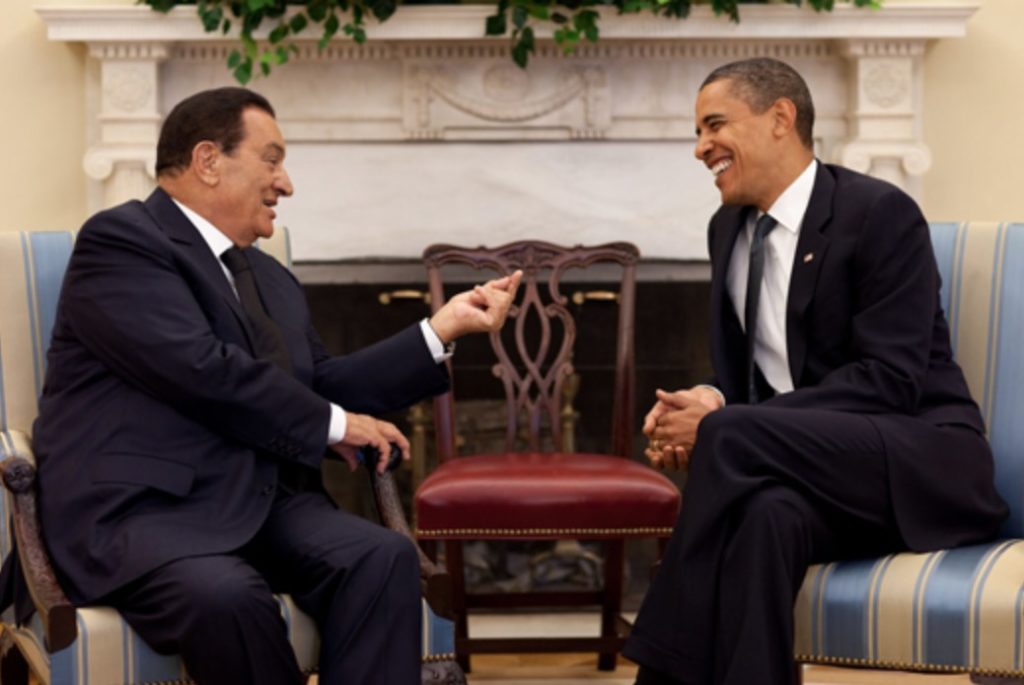The following article from The Economist is extremely telling about the macro world we live in on several different levels. First, it shows that the super wealthy are desperately concerned about not only the debasement of their national fiat currencies, but are also seriously concerned about appropriation of assets. Second, it exposes an interesting point related to Bitcoin. While the Senate held hearings on BTC last week, and focused on money laundering and tax avoidance, here you have these Freeports springing up all over the world, which seem to be extremely friendly to such activities. More than anything else, it shows that if people have a need and desire to hide assets, they will find a way to do it.
More from The Economist:
PASSENGERS at Findel airport in Luxembourg may have noticed a cluster of cranes a few hundred yards from the runway. The structure being erected looks fairly unremarkable (though it will eventually be topped with striking hexagonal skylights). Along its side is a line of loading bays, suggesting it could be intended as a spillover site for the brimming cargo terminal nearby. This new addition to one of Europe’s busiest air-freight hubs will not hold any old goods, however. It will soon be home to billions of dollars’ worth of fine art and other treasures, much of which will have been whisked straight from collectors’ private jets along a dedicated road linking the runway to the warehouse.
The world’s rich are increasingly investing in expensive stuff, and “freeports” such as Luxembourg’s are becoming their repositories of choice. Their attractions are similar to those offered by offshore financial centres: security and confidentiality, not much scrutiny, the ability for owners to hide behind nominees, and an array of tax advantages. This special treatment is possible because goods in freeports are technically in transit, even if in reality the ports are used more and more as permanent homes for accumulated wealth. If anyone knows how to game the rules, it is the super-rich and their advisers.
Because of the confidentiality, the value of goods stashed in freeports is unknowable. It is thought to be in the hundreds of billions of dollars, and rising. Though much of what lies within is perfectly legitimate, the protection offered from prying eyes ensures that they appeal to kleptocrats and tax-dodgers as well as plutocrats. Freeports have been among the beneficiaries as undeclared money has fled offshore bank accounts as a result of tax-evasion crackdowns in America and Europe.
Several factors have fuelled this buying binge. One is growing distrust of financial assets. Collectibles have outperformed stocks over the past decade, with some, like rare coins, doing a lot better, according toThe Economist’s valuables index. Another factor is the steady growth of the world’s ultra-wealthy population. According to Wealth-X, a provider of data on the very rich, and UBS, a financial-services firm, a record 199,235 individuals have assets of $30m or more, a 6% increase over 2012.
Oligarch asset consolidation. Thank you Ben Bernanke!
Read more
Follow me on Twitter.





